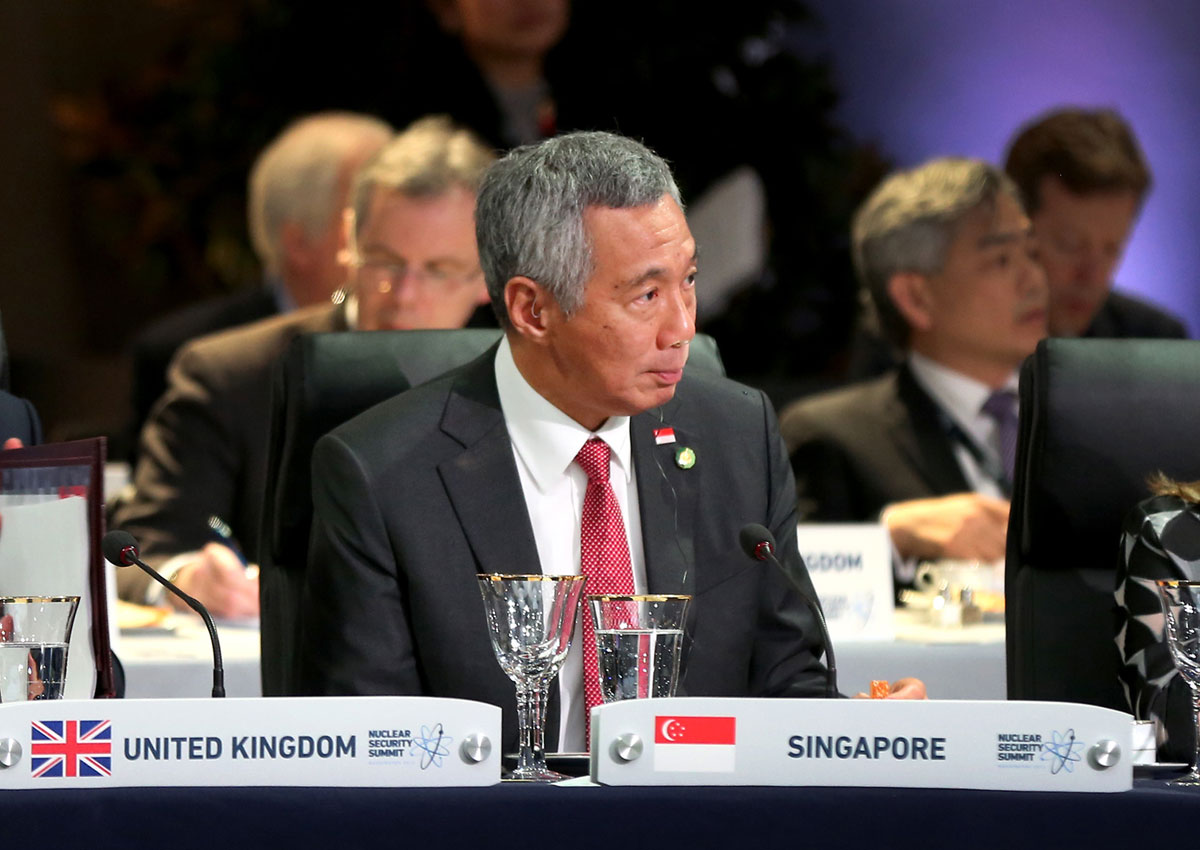The divisive, populist politics that has gripped the United States and other parts of the world of late could become a Singapore problem too, if people start to feel similarly disenfranchised, said Prime Minister Lee Hsien Loong.
Speaking to the Singapore media as he wrapped up a week-long working visit to the US, Mr Lee said the mood on the ground in America has soured against the political establishment because citizens no longer feel that current systems are addressing their needs.
“It’s because the population feels anxious, feels unsettled, feels angry and doesn’t feel that the existing political leadership and process are articulating or addressing those emotions,” Mr Lee explained.
“They may be emotional; they may not actually be helping to solve the predicament they are in, but there are real concerns which people have and which the governments have got to try and solve.”
Singapore, he said, is not immune to such pressures.
“These are pressures which build up and they could build up in Singapore because, as a developed economy, we face some of the same challenges as they do.
“And if we are unable to address that, people will feel like there is no other avenue to have their concerns seen to, and their feelings spoken for. Then I think we can have a problem,” Mr Lee said.
The Prime Minister had similarly raised concerns about the political climate in the US during an interview last week with The Wall Street Journal editorial board.
He said the presidential campaign thus far had put forward the most “extreme menu of choices” he has seen in a US election, and expressed worries that the country could retreat from its leadership position in the world.
He said he is now cautious about the prospects of the Trans-Pacific Partnership free trade agreement, which was signed in February this year by 12 countries, including Singapore.
“What is very clear is that the mood in America is very troubled. That’s why you have candidates expressing very extreme views, because it’s not really a solution… it’s just that ‘I’m very angry, I’m hitting out and I want satisfaction’,” Mr Lee said, in reference to some of the rhetoric in the US presidential campaign.
“In that mood, I think it’s not easy to make a case why a complicated agreement 1,000 pages long is good for America.
“It’s much easier for people to raise anxieties and negatives, and sour the public support.”
Mr Lee said it is now unlikely the deal will even be put up for ratification by the US Congress before the presidential election in November, leaving a two-month window in the lame-duck session that follows to get it passed.
“But it’s a very short period of time, the congressmen have not focused on this and you will have to make a very big decision as a lame-duck Congress. It’s not easy,” he said.
When questions turned to Singapore’s politics and the upcoming Bukit Batok by-election, Mr Lee would not be drawn on when the polls might be.
“When it happens, you will know,” he said with a smile.
jeremyau@sph.com.sg

This article was first published on April 3, 2016.
Get a copy of The Straits Times or go to straitstimes.com for more stories.






